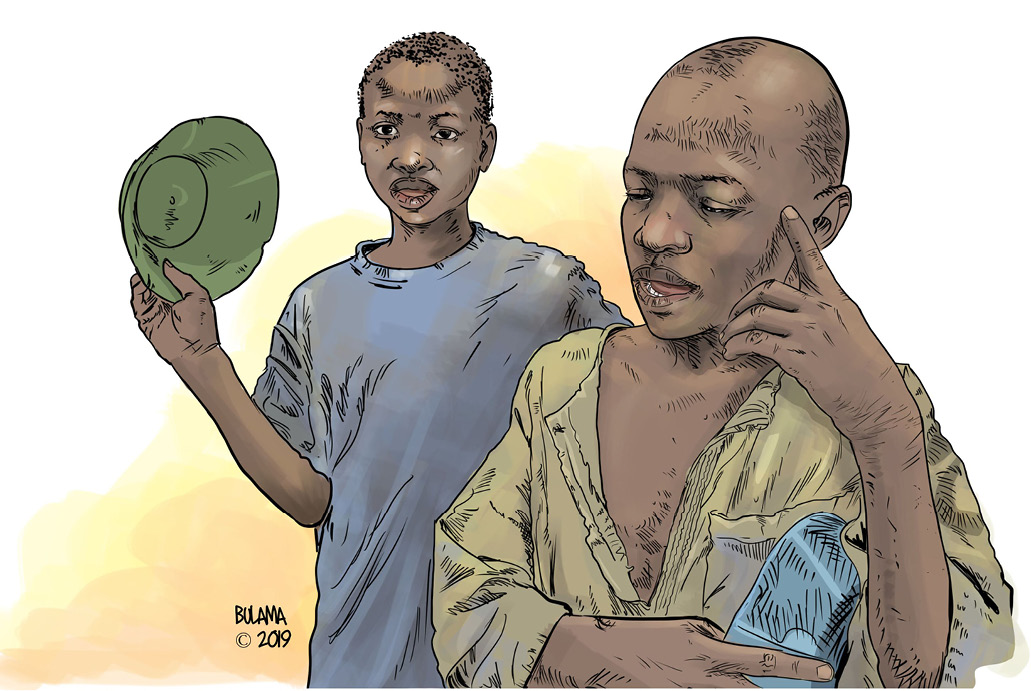Kaduna NGOs take steps to address Almajirci in the North
A number of strategies, advocacy and curriculum review are being undertaken by the Area Research and Development Project (ARDP) and AAFAQ Foundation to address the issue of almajirci in Northern Nigeria. The two organisations are presently galvanising ideas from Islamic and traditional leaders, experts, the academia and other stakeholders on advocacy, curriculum, legislation and funding. […]

Almajiri
A number of strategies, advocacy and curriculum review are being undertaken by the Area Research and Development Project (ARDP) and AAFAQ Foundation to address the issue of almajirci in Northern Nigeria.
The two organisations are presently galvanising ideas from Islamic and traditional leaders, experts, the academia and other stakeholders on advocacy, curriculum, legislation and funding. Their reports would be presented at the National Almajirci Summit slated for January, 2021.
One of the conveners of the Summit, Dr. Usman Bugaje, said the North has a moral responsibility to provide for children the best atmosphere and best education.
Bugaje, who spoke at an Advocacy and Parental Reorientation Cohort Workshop in Kaduna, said the summit was not concerned with who does what, but how critical stakeholders can come together to resolve the issue which, he said, has been on the radar without much progress.
According to him, the summit will bring members of the National Assembly, officials of the Ministry of Education, the Nigerian and the Northern Governors forums and all other stakeholders together.
He added that the summit was borne out of a research finding which showed that though many have done a lot on the issue of almajirci in the last 25 years, there was little progress while some critical stakeholders have been left out.
Chairman of the Advocacy and Parental Reorientation Cohort, Dr. Bala Muhammad said: “Before the coming of the colonial masters, Qur’anic education was referred to as basic education in Northern Nigeria, but after their coming, they relegated Qur’anic education and made western education more important.
“The system suffered, the funding and support it used to receive was stopped and so the children moved from being seekers of Qur’anic knowledge to the almajirai we see on the streets today begging for food because their malam’s cannot feed them.”
Chairman of the Curriculum cohort, Ibrahim Ahmad Makari, said the fundamental issue of the Tsangaya model curriculum was to upgrade and acquaint the existing system with the opportunities provided by the community and the government to cater for the needs of children.
He said the emphasis of the model would be on sound moral ethics, memorization of the glorious Qur’an and Islamic education within a defined time in the Tsangaya setting.
